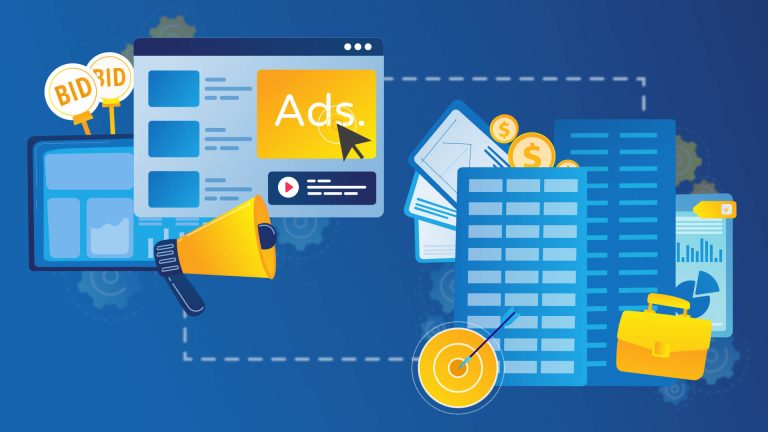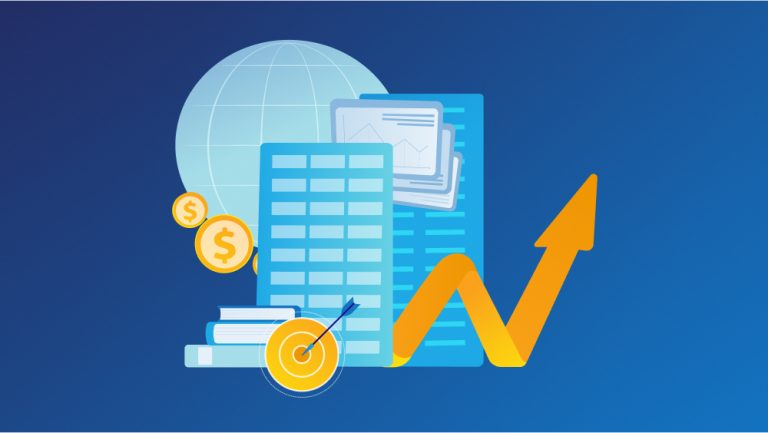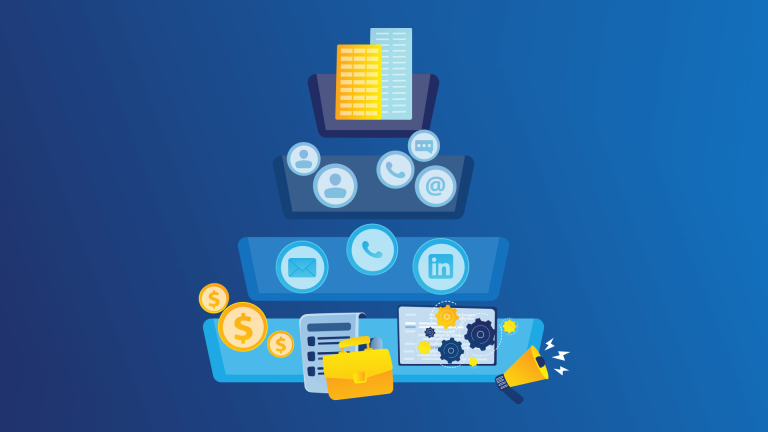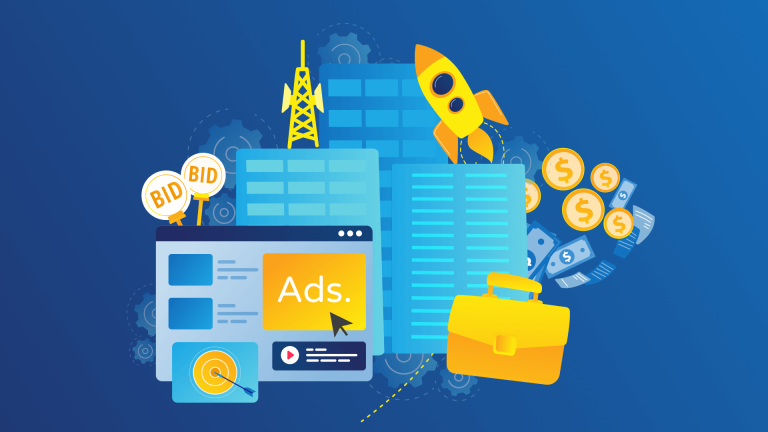Time is everyone’s most valuable asset. Engage in unwanted dialogue is nothing more than a waste of time. Even though collecting as many leads as possible opens the door to success, you also need exact analysis to filter out most import ones. How can you achieve successful sale conversions? The answer is simple. Lead scoring can help your sales team to approach most important leads. If you deal with more leads than your available resources, that is time and money, lead scoring is essential in your B2B business model.
Lead generation is the process of collecting leads who are likely to be your customers right now or in the future. “Collect” implies getting information that you can use to start a business communication with leads. Besides, it’s hardly possible to understand how close or far the leads are from a buying behavior without using the lead scoring technique. In this post, we’ll explain why lead scoring is vital and explain how to approach B2B lead scoring.
What are leads?
Leads are people who have interest in a product or service offered by a company but haven’t yet purchased. That means they can buy your product or service in the future. Can we say they are potential customers or sales opportunities? Yes, but there are different types of leads. When does a contact become a lead?
Lead: When you have a contact. Newsletter sign-up, webinar participant, etc.
MQL is a marketing qualified lead: Contacts who show actual interest to your product. Test users of an SaaS or people who attend demos.
SQL is a sales qualified lead: Prospects who are engaged with your product with interest. They use key features, they visit the pricing information.
A contact can be an SQL from the beginning on. But, depending on your Marketing & Sales strategy, they can be a lead first, turning into an MQL or an MQL turning into an SQL, later in time.
Lead scoring is necessary if you have MQLs from Marketing and you want to pass them to your Sales. Lead Scoring works in Marketing, too. You can target more intelligently by scaling marketing campaigns, which reach out more qualified MQLs.
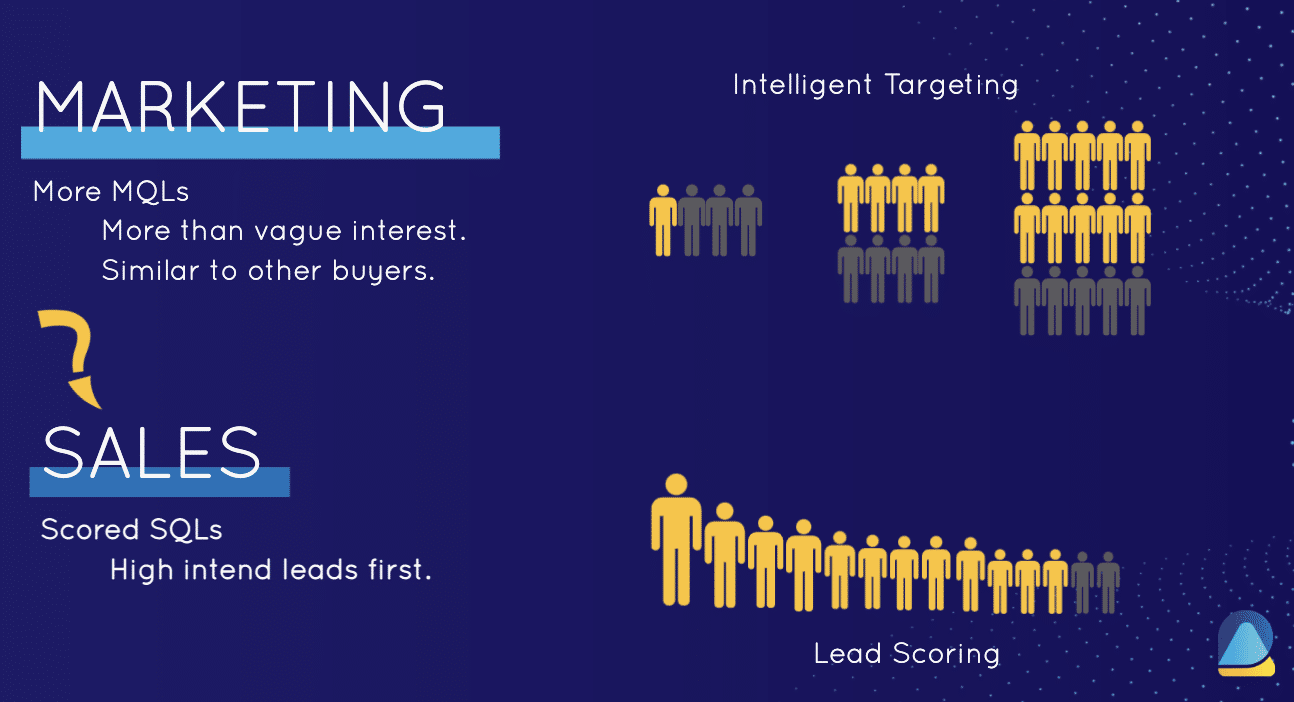
What is lead generation?
It allows you to get some information about them by drawing the users’ attention. Let’s suppose some people are interested in your products or services, but you can’t find who they are. You can reveal your potential leads with lead generation methods. Especially in the B2B business model, collecting leads is very important. Customers need a long time until they purchase, so you want to nurture them. Best way is to track them as contacts and approach them accordingly on their personal intent stage, rather than targeting random content to anonymous segments. Once you have them in your funnel, it is much easier to scale your revenue by assisting them to convert to sales compared to reaching more and more people with anonymous targeting.
What is lead scoring?
You can collect leads with various methods and strategies. However, what is the quality of leads you got? For sure, all leads are not equal. You can handle this problem with lead scoring. That is, lead scoring is a system where you rank the leads you get. Your scoring may diversify depending on demographic information, behavior, and transactions.
For example, a purchasing manager who works in a big company and a purchasing specialist who works in a small company may have different ranks. More? A lead who used a demo of your products and a lead who entered your website only for information may not have the same rank. When you send a newsletter to your subscriptions, the ranks between loyal readers and non-readers will also be different. What is scoring supposed to do? You will use it to differentiate and prioritize potential customers.
Simple Lead Scoring is a rule based approach. If you score with AI and Machine Learning algorithms, it is called Predictive Lead Scoring. Predictive Lead Scoring does not check simple rules to score, but consider a bigger amount of historic sales and behavior data. Combine it with many touchpoints and calculate a sales probability for each current prospect individually and more accurate.
Lead Scoring will boost your profit efficiently. Why? Because instead of randomly calling MQLs, you have the opportunity to turn most interesting SQLs into sales with less effort, that is time and money.
Especially in large scale operations, Predictive Lead Scoring delivers tremendous systematic benefit.
Why predictive lead scoring?
There is too much data to define rules manually.
You expect a deputy general manager who spends time on your product and pricing pages will have a higher score than a lead with the same behavior as an intern or coordinator. Why? Because a deputy general manager is closer to buying. Besides, if one of two deputy general managers has made more navigation on your website, you may choose to give one a higher score. But, you might be making wrong assumptions. Second, one might be searching for more free information.
Your lead scoring team can gather information (company activities, buyer persona, transactions, and more) by using lead management software. Leads’ job positions, the number of social media followers, or the size of the companies they work with can provide valuable information about them. If a lead spends a long time on your page, he or she will be willing to speak with your sales team. There is just too many rules to think about all of them.
Why does your business require lead scoring?
Many businesses may need the lead scoring method. Just make a few analyses to clarify.
- It’s time for the lead scoring method if your team has enough leads for land sales. On the other hand, if you don’t have enough leads, you should first focus on your strategy to get more.
- Does your sales team complain about bad leads? Lead scoring can solve your problem.
- Do you have enough data to analyze the lead scoring? You need to have two types of data to implement the lead scoring method. The first is the demographic data; the second is the behaviors of individuals on your website. If you have this data, you don’t need to wait for the lead scoring method.
Furthermore, keep in mind that a lead’s behaviors change from day to day, so score does too. Also, profile relevance and indicators of interest are the essential factors for ranking. In addition, you can vary these factors based on your needs. Set your lead scoring criteria, automatically score your leads, and create a re-scoring system. Then it’s done! The analysis will be smoother for your business.
If you are operating more advanced, with firmographic and demographic data, you can score B2B leads better. If you want to reveal business users, feel free to contact us if you need assistance in how to enhance your leads with firmographic information.
Dos and don’ts:
- Firstly, avoid annoying leads who aren’t ready to buy.
- Improve the productivity of your sales team. Thus, they can easily convert ready-to-buy leads into real customers.
To sum up, lead scoring for B2B marketing is a great idea to increase your sales in a short time. It is essential for any business, but B2B business models have a more specific target audience. By using lead scoring, you can reach your target audience with less effort. In other words, you can have the quality of leads and increase your conversion rates and revenues.
